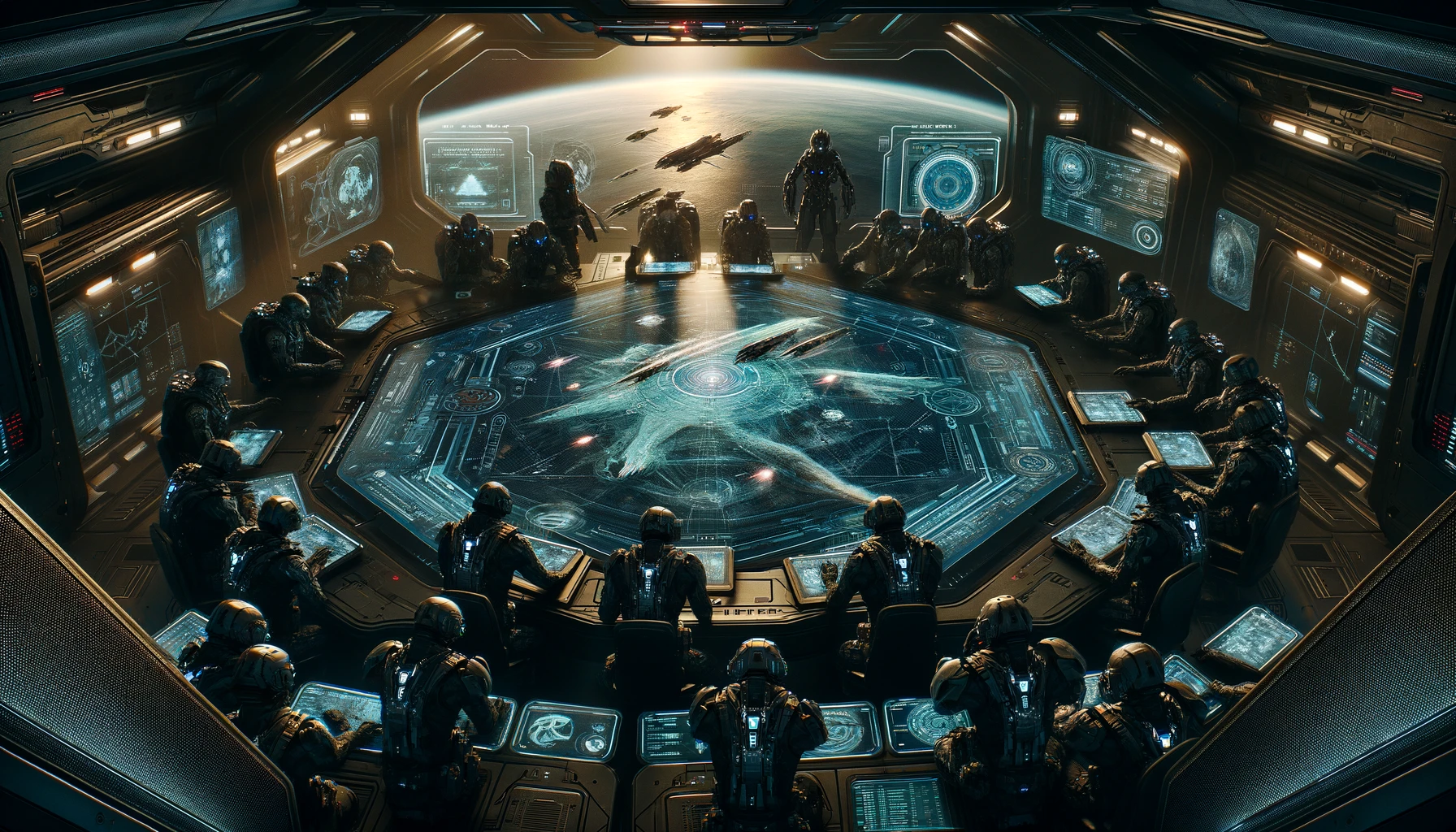In a dramatic turn of events, the gaming community surrounding Helldivers 2 demonstrated their power and influence through a coordinated online protest. This action was triggered by Sony’s decision to compel players to link their Steam accounts with a PlayStation Network (PSN) account, a move that was set to exclude players from 177 countries where PSN is unavailable. The backlash was swift and severe, resulting in over 200,000 negative reviews on Steam, which pressured Sony to retract its decision.
The controversy surrounding Helldivers 2 is not an isolated event in the video game industry. Historical instances show that gamers have frequently been vocal about corporate decisions affecting their gaming experience. For example, similar backlashes have occurred when other major gaming companies attempted to introduce restrictive measures, such as excessive digital rights management (DRM) or invasive account linking requirements. These precedents highlight a pattern where community backlash leads to corporate retractions, showcasing the significant influence of collective gamer action.
Moreover, the episode brings to light the often complex relationship between game developers and publishers. In this case, Arrowhead Games, the developer, appeared to have limited control over Sony’s policies, despite being the creators of Helldivers 2. This kind of scenario isn’t rare in the gaming industry, where developers must navigate publisher demands while trying to maintain a positive relationship with their audience.
Recent Developments and Community Response?
Following Sony’s step back from the PSN linking requirement, Helldivers 2 players initiated “Operation Clean-up,” a community-led effort to repair the game’s tarnished reputation. So far, more than 70,000 negative reviews have been reversed. This demonstrates the community’s readiness to support the game once grievances are addressed, suggesting a deep-rooted loyalty to the Helldivers franchise and its developers.
This incident also revealed the vulnerabilities of game companies in the digital age, where a decision can lead to immediate and potentially irreversible damage to a game’s reputation. The review bombing campaign, although controversial, served as a powerful tool for expressing widespread discontent with corporate decisions perceived as unfair.
Key Takeaways from the Helldivers 2 Incident:
- Community backlash can significantly influence corporate decisions.
- Developers often have limited control over publisher-imposed policies.
- Review bombing can be an effective, though contentious, method of community protest.
The Helldivers 2 debacle underscores the delicate balance companies must maintain when introducing new policies that affect their user base. While Sony ultimately reversed its decision, the event serves as a reminder of the potent influence of a united gaming community and the potential consequences of overlooking their concerns. This case has also highlighted the growing trend towards more consumer-friendly practices in the gaming industry, influenced by the direct feedback mechanisms available to users. Whether this will result in lasting changes in corporate policy or simply more sophisticated approaches to implementing unpopular measures remains to be seen.










